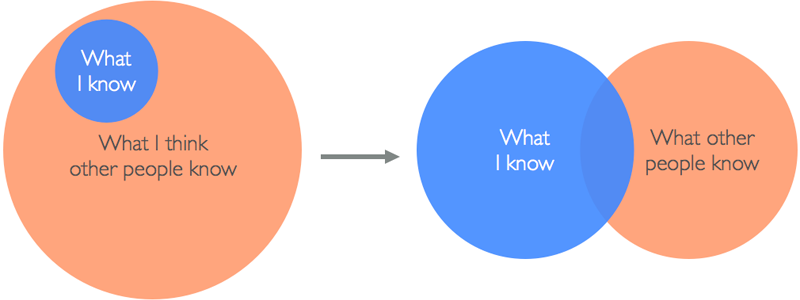Sometimes a conversation becomes a little more. I shared this a founder who was asking me my thoughts on where Nigeria’s startup ecosystems ranks in Africa. While I didn’t have key metrics, I did mention where I would go to look and how I would evaluate. If I had to make a real essay out of it, (which I’m seriously thinking about doing), I’d probably take a more in depth look at where Nigeria’s startup ecosystems needs to course correct to be a global competitor for talent, ideas, and capital.
So a couple of things… In the life cycle of an ecosystem, Nigeria’s startup ecosystem unfortunately is still in its nascent days. There’s leakages of opportunities for investors and startups due to resource and capital constraints. I do know that we’re heading toward the globalization part of the ecosystem life-cycle. We are seeing a more foreign money, ideas, and resources flow into the Nigerian ecosystem. Comparatively, SA had all of these first and has exits under its belt so I’d still put SA up top. Nigeria still falls in the second tier of startup ecosystems in Africa for the following reason; lack of research and development $ from government, low ease of doing business scores, quality of human capital, access to seed funding (or lack thereof), etc. I will say though, Nigeria has made significant strides in “community” through the cabals, co-working spaces and other community focused pillars that re being built. This can be accelerated by an increase in the quality of education, R&D investment, and improving the ease of doing business metrics to make it easier for startups to find talent, operate, and to make money.






